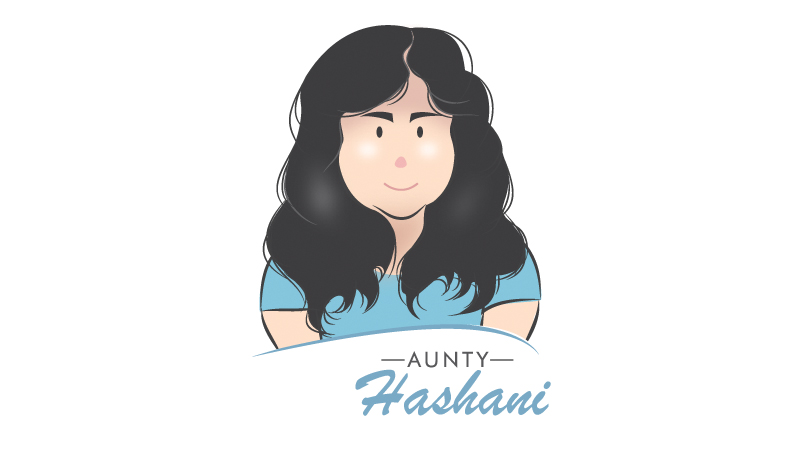Maybe you remember a time where you sat across a chessboard, eyes fixed on your opponent, targeting your next move like a secret agent? If not, now’s the perfect time to begin. Every year on July 20, we celebrate World Chess Day —the day when the International Chess Federation came to be in 1924. It is a day to celebrate one of the oldest, smartest, and most exciting games in the world.
Whether you’re a beginner or just learning how the pieces move, or a budding chess champion chess has something for everyone. It’s more than a game — it’s a brain booster, a puzzle, and a friendly battle of wits all rolled into one.
Chess has a long and adventurous history. It started more than 1,500 years ago in India, where it was called Chaturanga. From there, it travelled to Persia, then to the Arab world, and finally to Europe. Each place added something unique to the game until it became the game we know and love today. Because kings and queens loved playing it in castles long ago, it’s often called the “Game of Kings.” But today, children, teens, and adults all over the world play chess—did you know that some of the greatest chess grandmasters started learning the game before they could even tie their shoelaces!
When you play chess, each player starts with 16 pieces. These aren’t just any pieces—they’re part of your royal army.
• Pawns (8): They’re small but mighty. They move one step forward (sometimes two on the first move) and capture diagonally.
• Rooks (2): They move in straight lines—across rows and columns.
• Knights (2): They move in an L-shape and are the only pieces that can jump over others.
• Bishops (2): They glide diagonally across the board.
• Queen (1): The most powerful piece. She can move in any direction—diagonal, straight, or sideways.
• King (1): The most important piece. If your king gets trapped (checkmate), the game is over.
The board has 64 squares, and the goal is simple: checkmate the king. But the path to victory is full of clever moves, traps, and strategy.
You might think chess is all about sitting quietly and thinking hard—but did you know it’s also great fun and amazing for your brain? Chess teaches you that every move matters and that sometimes waiting and watching are smarter than rushing. These are skills that help not just on the board, but also in school and life in general.
Chess is more than just black and white squares and wooden pieces on a board. It’s a game of skill, strategy and practicality, and tests your mental capacity and thinking powers. You don’t have to be a genius to enjoy it—you just need curiosity, practise and a love of learning. So this World Chess Day, you can start learning chess or join your school’s chess club. Do you know that you can even play chess online with children from around the world? Who knows, maybe your next move will make history.
Open the board, shake your opponents hands and let the games begin.
Checkmate, boredom—hello, chess
See you next week!
If you want to share your thoughts and ideas with us I would love to hear from you!
Please e mail me at [email protected]








